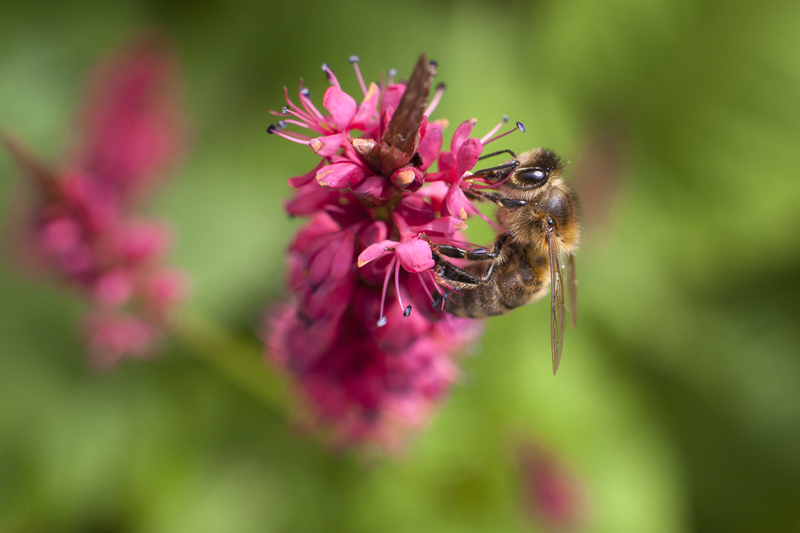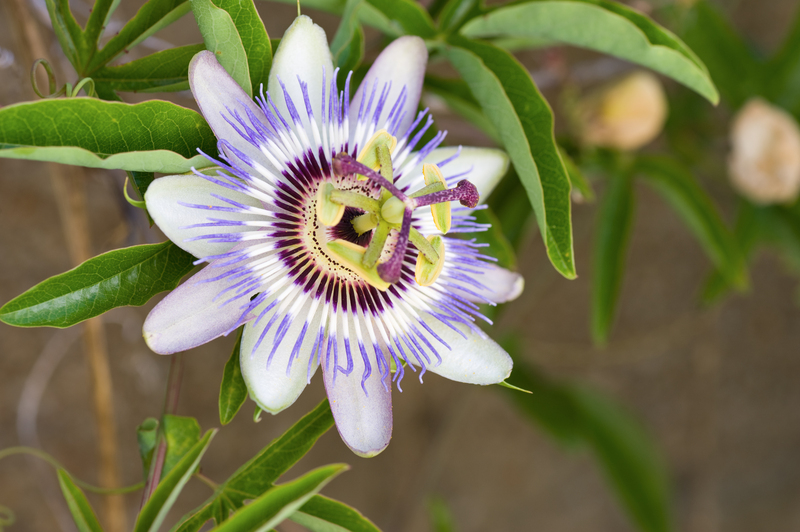Benefits of Mulching in Summer Gardens
Posted on 05/04/2024
Mulching is a great way to add vital nutrients to your summer garden, maintain soil moisture, and suppress weeds. It's also an important step in keeping your garden looking neat and tidy. Knowing the benefits of mulching can help you decide whether it's the right option for your garden.
What Is Mulching?
Mulching is the process of covering the soil around plants with organic or inorganic materials, such as manure, compost, grass clippings, sawdust, straw, wood chips, shredded bark, or gravel. It creates a barrier between the soil and the air that prevents moisture loss from both evaporation and erosion. The layer of mulch also helps retain water in the soil by providing insulation against excessive heat.


Benefits of Mulching in Summer Gardens
Mulching has many advantages when it comes to caring for your summer garden. Here are some key benefits:
Maintains Soil Moisture: Applying a two-inch layer of mulch will insulate the soil and reduce evaporation, keeping it moist during periods of high heat and dry conditions. This helps plants' root systems better absorb water during periods of drought.
Suppresses Weeds: Covering bare spots with mulch will discourage weed growth by blocking sunlight and depriving weeds of the resources they need to thrive. Additionally, because most mulches decompose over time, they add organic material to the soil which attracts beneficial organisms like earthworms while discouraging harmful pests like slugs.
Stabilizes Soil Temperature: A thick layer of mulch will keep soil cool during hot summer days and protect roots from freezing temperatures during winter months. This will help plants maintain their ideal balance of temperature so they can grow stronger roots and absorb more water and nutrients from the soil.
Improves Soil Quality: As mulch decomposes over time it adds valuable nutrients to the soil including nitrogen, phosphorus, potassium and other minerals. This improves its texture by making it more aerated and easier for plants to access essential nutrients like calcium and magnesium that help them maintain healthy growth all year round.
Prevents Erosion: When exposed to intense rains or strong winds, bare soil can be easily washed away or blown away by wind but a layer of organic mulch will act as a protective barrier that helps reduce run-off or wind damage on your summer garden.
Adds Nutrients: If you choose an organic mulch such as wood chips or hay you'll be able to add valuable nutrients to your garden's topsoil which helps improve its overall fertility level.
Enhances Aesthetics: Last but not least, adding a layer of mulch around your summer vegetables will make them look attractive and well-maintained in addition to protecting them from weeds and maintaining moisture levels in the soil. You can use different colors and textures of organic materials to create an aesthetically pleasing landscape for your outdoor space without much effort!
Choosing Your Mulch
When choosing a mulch for your summer garden there are several things you should consider including cost-effectiveness, durability, sustainability, availability, aesthetic value as well as how easy it is to apply and remove when necessary. Organic materials such as wood chips or hay tend to be cheaper than inorganic ones such as gravels but may need frequent topping up depending on how quickly they break down over time due to environmental conditions. Inorganic materials like pea gravel or stone are more expensive but they last much longer than organic options so they're often favored by experienced gardeners looking for low maintenance options that don't require reapplication regularly throughout the season. No matter what type you choose always remember that applying two inches (5 cm) of any kind of mulch should be enough for adequate coverage in most cases!
Conclusion
Mulching is an important part of caring for any garden especially during summer months when conditions are ideal for plant growth but also extreme weather events like floods or droughts can put additional stress on them if they don't have enough protection from their environment. Fortunately there are various advantages associated with this gardening technique ranging from improved soil quality to better water retention as well as protection against erosion or weed growth-all of which make it well worth considering! Just remember that when choosing a type of mulch you should factor in factors such cost-effectiveness as well availability before making final decision so that you get maximum benefit from it without compromising aesthetics!




